You've been hitting it out of the park talking about your skills and experience.
Then they ask you, "What do you need to reach your goals?"
Your first befuddled thought may be, "I don't know, I just hope for the best!"
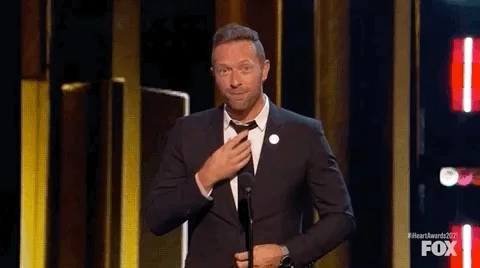
Don't panic! The employer wants to know if you can reflect on how you met goals in the past so you can plan to meet goals in the future.

How to Answer
There isn't one right approach. Everybody needs different supports, structures, and flexibility to meet their goals. Your interviewer just wants to hear what you need to succeed.

Talk about strategies you can use to meet your goals:
★ Setting goals together with your supervisor
★ Scheduling check-ins with your boss
★ Working with a mentor or coach
★ Debriefing with coworkers after projects
★ Asking for guidance
★ Developing your own goals and tracking them
★ Asking colleagues questions
★ Seeking out professional development
★ Analyzing project results on your own
★ Mapping out task deadlines
Answer Examples
Explain what structures, supports, and resources you sought out to reach your goals in prior positions.
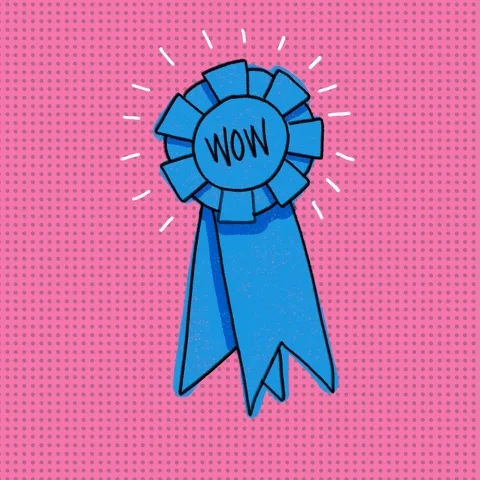
#1
"My goal was to learn the functions of my job and perform well within the first month. To do so, I identified a coworker who was skilled at running meetings, handling staffing, and solving problems. I asked her to be my mentor. My first performance review was excellent."
#2
"My goal was to get my co-workers proficient using our software after an upgrade. To develop the training, I found tutorials and looked at YouTube videos to beef up my understanding and to learn effective ways to deliver the training. Staff were up to speed on the software within two weeks after the training."
#3
"My goal was to continually improve the quality of the company conferences. After our fall conference, I sent my coworkers a brief survey so they could tell me what worked well and what should be done better. I used their input to plan our summer conference and the participants' evaluation scores rose significantly."
Find more examples here.
Try It Out
Scenario
In your last position at an HR department, your task was to design a new training model for employees by the end of the first quarter.
During your interview, you decide to use this project as an example of how you reached a goal. Some responses come to mind:
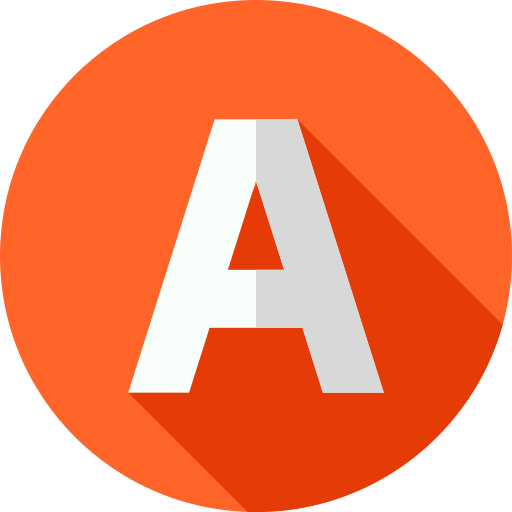
I wasn't sure where to start with this project. I usually begin with Google searches and I found some good information on two models that are commonly used. I asked one of my teammates to help me find information on others because I was running out of time, but I did develop the model in the end.
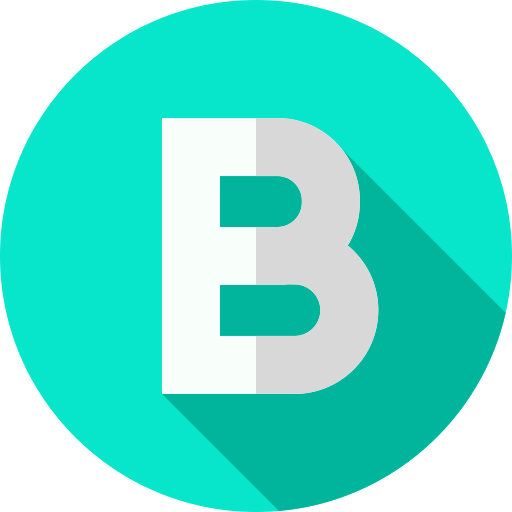
I met with my supervisor to make a timeline to conduct the research and set deadlines for the drafts of the model. I asked her to review my early research to be sure I was on target. I asked for input from other colleagues on how to structure the model. Other organizations are now adopting our model.
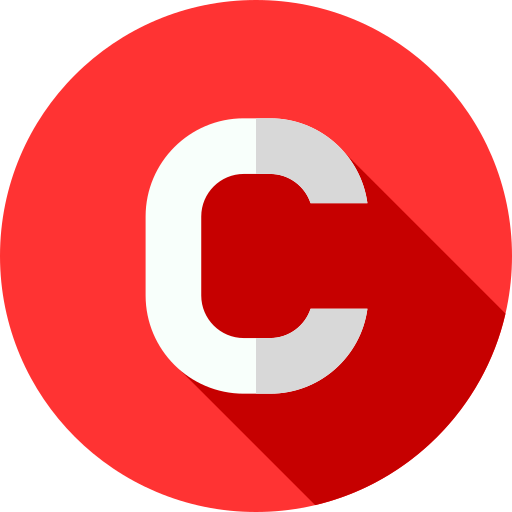
There was a "lunch and learn" held by another researcher developing a new model, so I went to that session to get ideas. I remembered a coworker knew people at one of the organizations and he referred me to someone he knew, and I made some calls. It took some time, but I was able to develop the model.
Quiz
Which interview response is strongest to answer the question, "What did you need to reach this goal?"
Questions You Can Ask Them
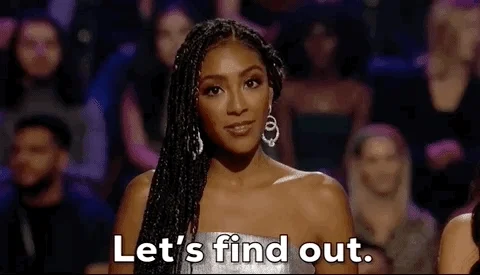
Companies and organizations measure success in different ways. Ask them how they do it because it can help you meet goals and expectations.
★ What is the performance review process like? (scheduled, formal, ongoing, informal)
★ Who assesses performance? (direct supervisor, co-workers, clients)
★ How do you measure employee success? (number of sales, money brought in, client satisfaction, articles published, customer reviews)
Take Action
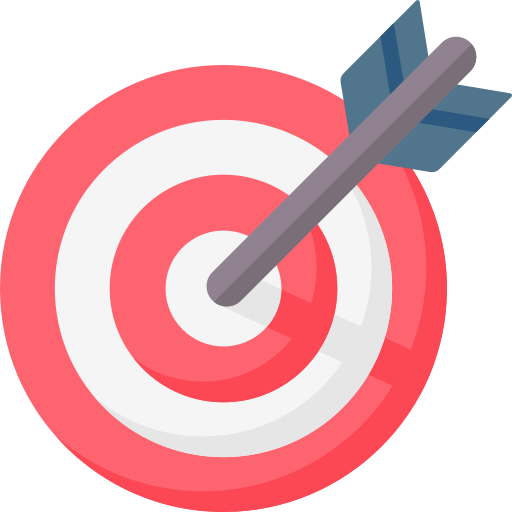
Set yourself up for success!
Your feedback matters to us.
This Byte helped me better understand the topic.
